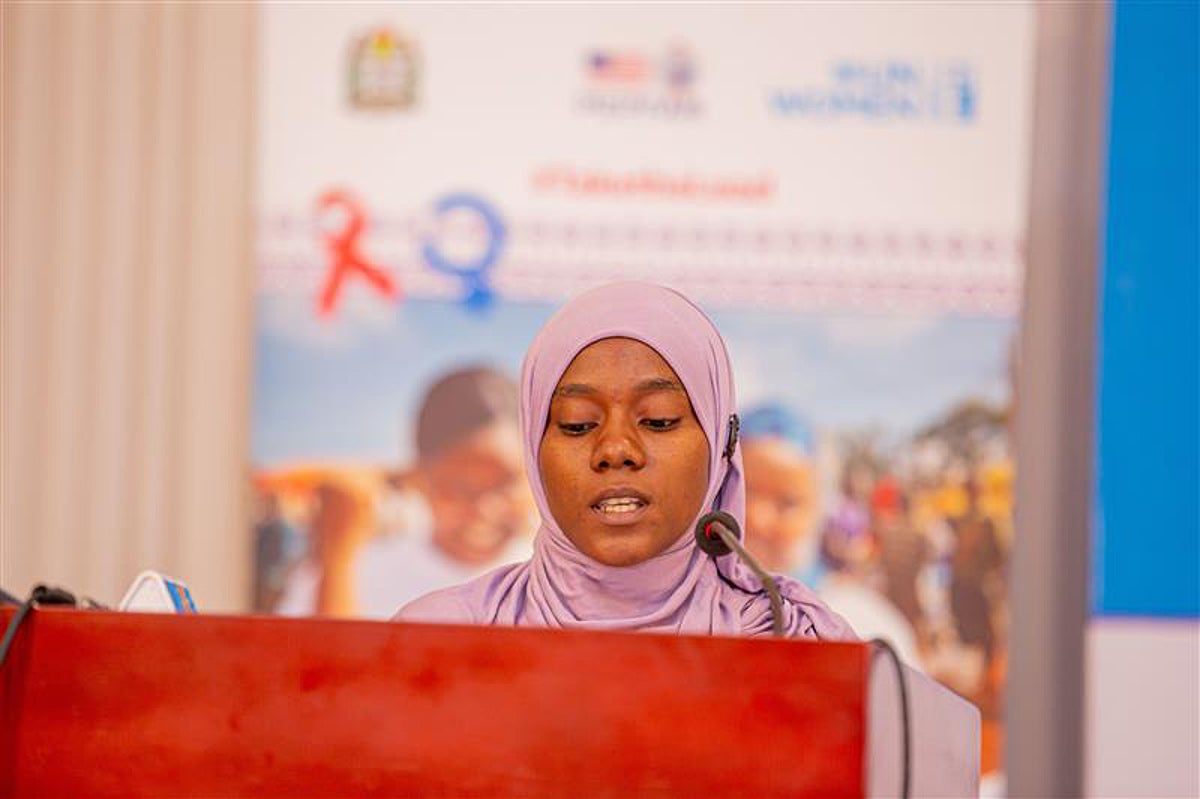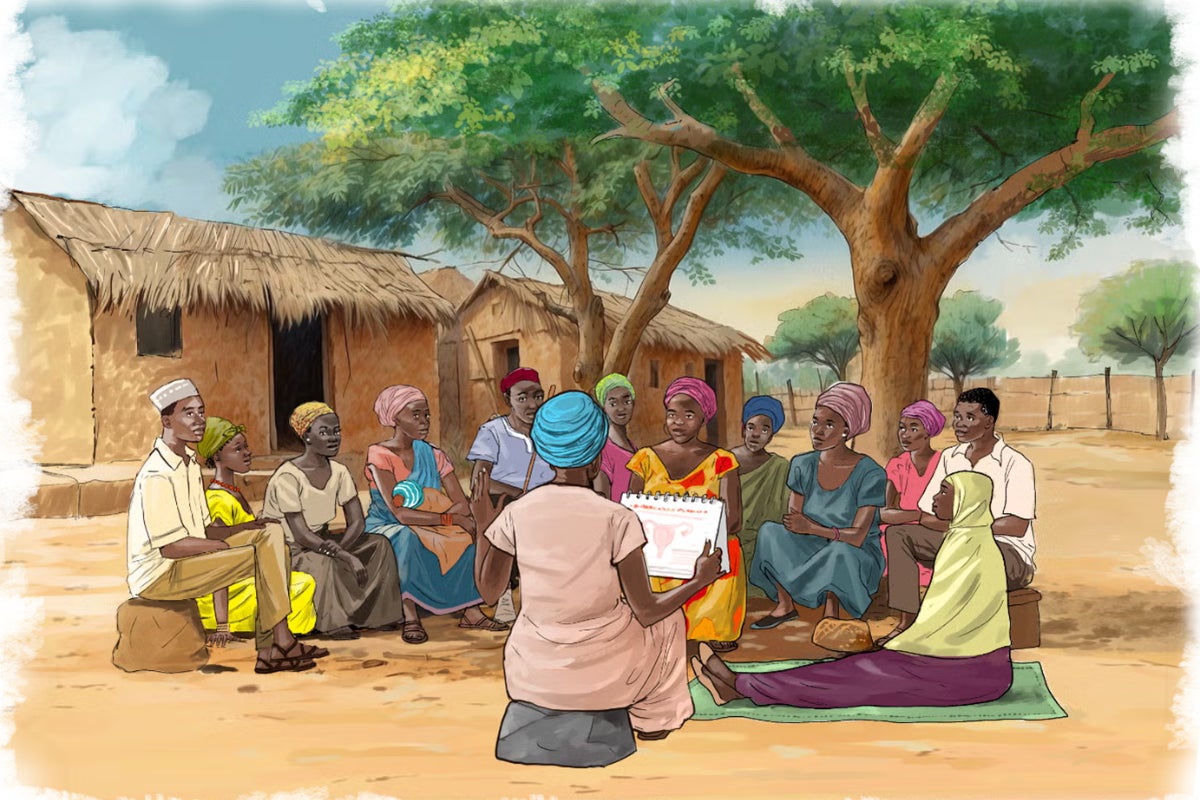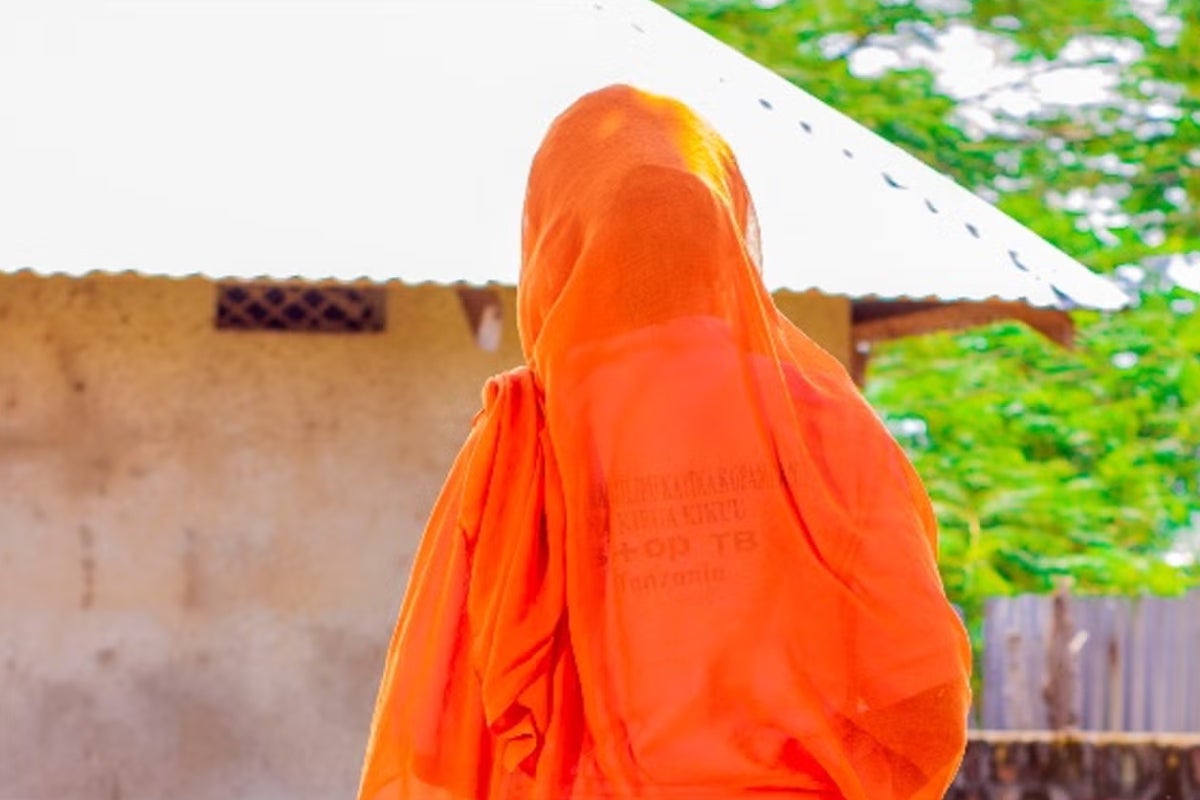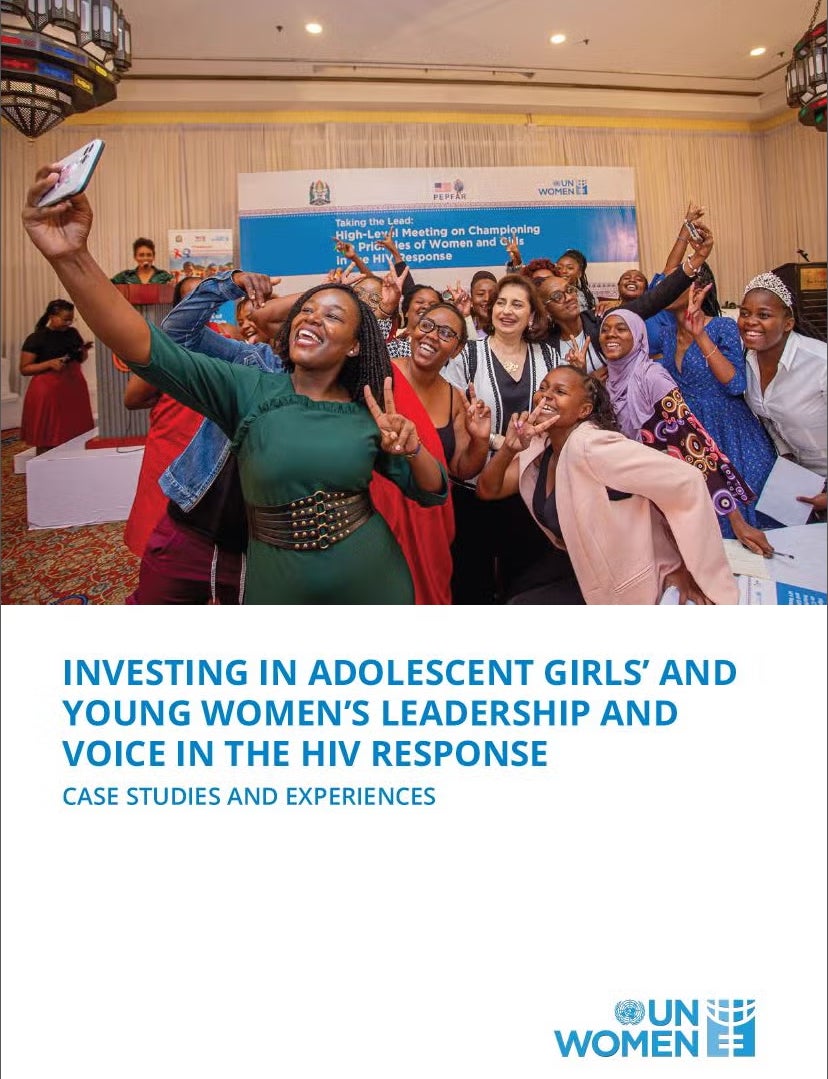
HIV and AIDS

In Tanzania, women living with HIV face a range of interconnected challenges, including persistent stigma and discrimination within their families and communities. These harmful attitudes have led to broken marriages, social isolation, and, in some cases, forced eviction from their homes.
UN Women brings a strong gender equality and human rights perspective to its work on women and HIV/AIDS. We lead efforts to address the root causes fueling the epidemic - such as violence against women, limited legal protections, and the exclusion of women from decision-making. Central to our strategy is the empowerment of women and the protection of their rights.
Our programmes amplify the voices of women living with HIV, promoting their leadership and meaningful participation in decision-making processes that shape the national HIV response. UN Women also works to integrate gender equality and women’s rights into policies, budgets, institutions, and accountability frameworks at all levels.
UN Women further supports the development and dissemination of gender-sensitive guidelines that protect and promote the rights of women living with and/or affected by HIV, and engages and strengthens the capacity of a legally registered network of women living with HIV (WLHV), empowering them to advocate for gender priorities in local HIV responses.
This work is part of UN Women’s broader commitment to gender-responsive planning and budgeting within Tanzania’s HIV response, ensuring that no woman or girl is left behind.


